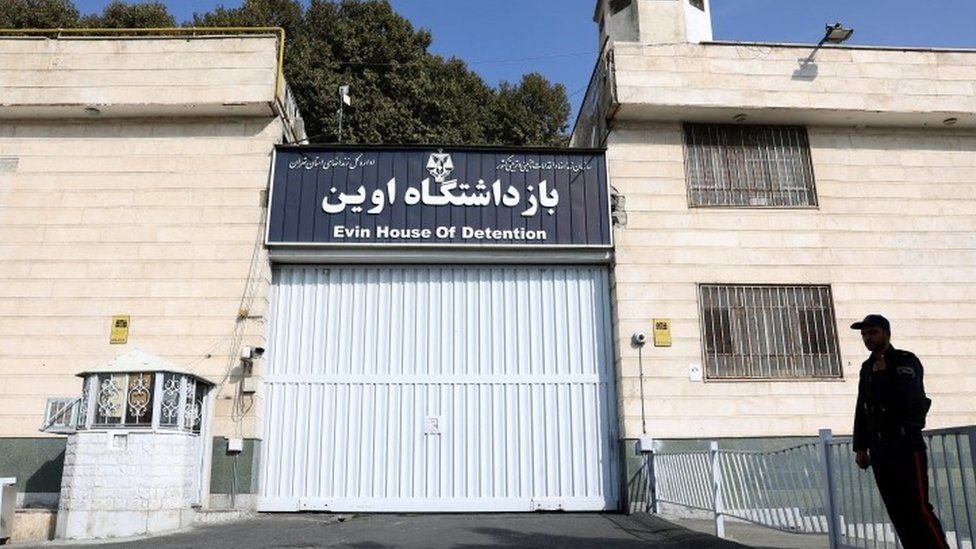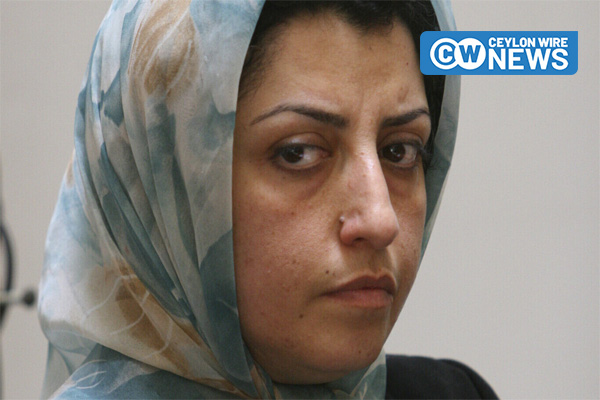Imprisoned Iranian human rights activist Narges Mohammadi has won the 2023 Nobel Peace Prize.
Announcing the decision, the Norwegian Nobel Committee said Ms Mohammadi, 51, was honoured for her fight against the oppression of women in Iran.
Her struggle has come at a “tremendous personal cost,” committee chairwoman Berit Reiss-Andersen said.
She said Ms Mohammadi was currently serving a 31-year jail term in Iran, and had been subjected to 154 lashes.
At Friday’s ceremony in Oslo, Ms Reiss-Andersen said the prestigious award was given to Ms Mohammadi for “her fight against the oppression of women in Iran and her fight to promote human rights and freedom for all”.
She began her address with the words “woman – life – freedom” – a reference to the motto of recent mass protests sweeping Iran.
Millions of Iranians will be cheering this award along with human rights activists around the world.
The Nobel committee decision also sends a very strong signal of disapproval to the Iranian authorities.
At the ceremony, Ms Reiss-Andersen also urged Iran to release Ms Mohammadi from jail so she could attend the prize ceremony in December.
“If the Iranian authorities make the right decision they will release her so she can be present to receive this honour, which is what we primarily hope for.”
But it seems highly unlikely that the activist will actually be able to pick up her prize.

Nazanin Zaghari-Ratcliffe, a British-Iranian national who spent time in Tehran’s Evin jail with Ms Mohammadi until she was released in March 2022, said she was pleased for her friend.
“It makes me cry. She did so much for all of us in Evin. Narges is an inspiration and a pillar to the women in the female ward in Evin for her fearless fight against violations of women’s rights, the use of solitary confinement and execution in the judicial system in Iran.
“This award belongs to every single Iranian woman who, one way or another, has been and remains a victim of injustice in Iran.”
As well as her lengthy jail term, Ms Mohammadi has been arrested 13 times and convicted five times.
Last December, she wrote from prison to give the BBC harrowing details of how Iranian women detained in demonstrations were being sexually and physically abused.
The unrest later spread across the country, with demands ranging from more freedoms to an overthrow of the state.
Images of Iranian women defiantly setting their headscarves on fire captivated the world.
The Iranian authorities have brutally cracked down on the protests and they have largely subsided.
Ms Mohammadi is deputy head of the Defenders of Human Rights Center.
Last year, she was included in the BBC’s 100 Women – a high-profile list of 100 inspiring and influential women from around the world.(BBC)









